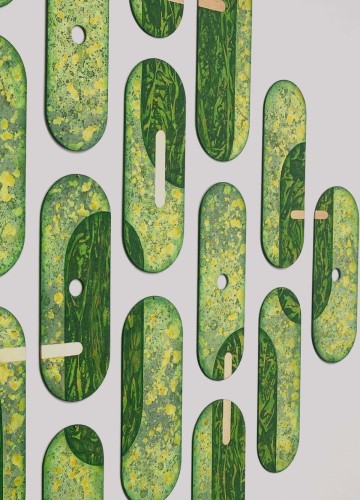Home / Diseases & Conditions / Umbilical Hernia
Umbilical Hernia
An umbilical hernia happens when tissue such as bowel or fat, bulges through a weak point in the abdominal muscles. The causes a bulge by the tummy button (umbilicus). This bulge can become more noticeable and painful when you cough, bend over, or lift heavy objects. It may go away when you lie down as the hernia contents slip back into the abdomen.

Umbilical hernias are common in young children, and typically close on their own before the child is two. Umbilical hernias in adults are more likely to require surgical repair.
Symptoms
Bulge near the tummy button
Discomfort or pain in the area of the hernia.
If you also are not able to push the hernia back it may mean that the contents of the hernia have become trapped (incarcerated).
You should seek urgent medical attention if you are not able to push your hernia back into the abdomen or it is associated with:
Nausea and vomiting
Severe pain
Bulge turning red, purple, or dark
Inability to pass gas or have a bowel movement
Treatment of an Umbilical Hernia
The only way to repair an umbilical hernia is with an operation.
However, umbilical hernias that are not causing any symptoms, particularly those in people with other medical problems, may not always need to be repaired.
Surgery
Your specialist general surgeon will explain the treatment options that may be right for you and will ensure that you have appropriate treatment and follow up.



